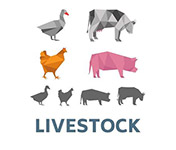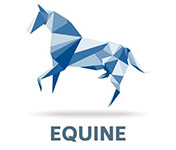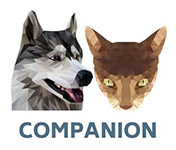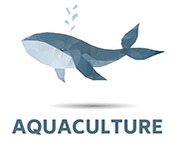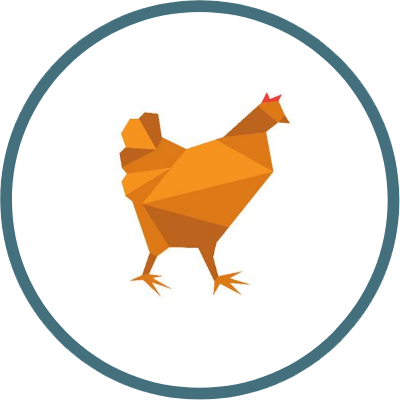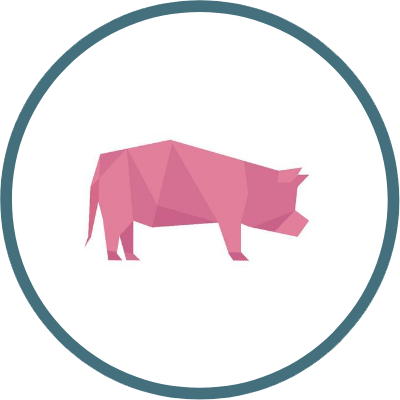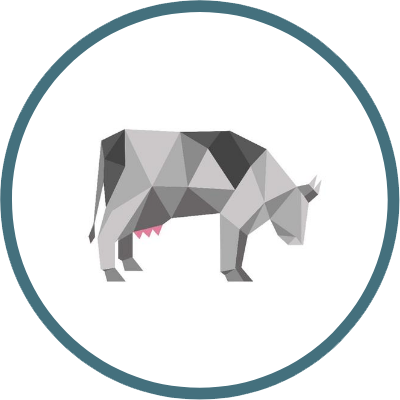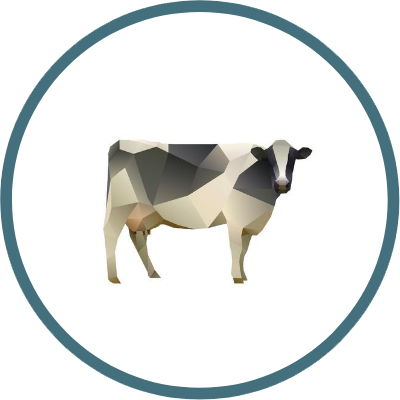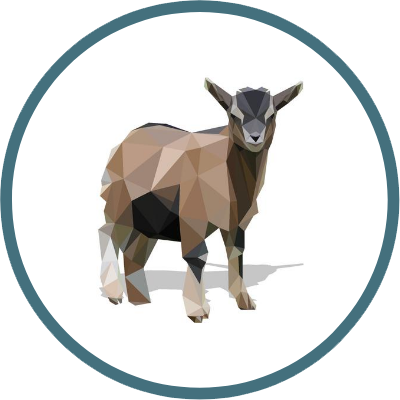Species.
Horses
Horse demands the most qualitative and cleanest feed. Horse feeding should supply body with all the required nutrients, vitamins, micro and macro elements.
Except of traditional feeds (hay, straw, oats), vitamin-mineral premixes, combined feed, silage, haylage, herbal pellets brickets, saltlicks, many root crops and their treatment products are currently used. Horse diet should include:
• Feed and vitamin additives: vitamin preparations, microelements, minerals, and etc.
• Concentrated feeds; oats, barley, wheat, corn.
• Forage: hay, haylage, straw
• Fodders of animal origin: skim milk, meat-bone, fish meal and etc.
The best forage for horse is normally considered meadow hay and among seeded grasses – gramineous and grass-and-legume. Good hay is a source of many nutrients and is beneficial for digestion.
Reasonability of feed preparation for feeding is discussed in any particular case considering its type and quality. Normally, good quality forage (hay, straw) and reasonable values (up to 10 kg) are recommended to be fed in natural condition. In case of use of larger amount of straw, it should be fed as cut and previously mixed with other feeds and forage seeds. Among forage feeds fed to horses are oats, barley, wheat, corn, pea, beans, cake, weatings and etc. Oats is the most preferable as it is light digestible and favorable for digestion activity. Horses with good teeth are fed by whole oats, while adult horses with weak teeth and young horses should be fed by grinded oats to ensure easier chewing and digesting. Other types of forage grain and cakes must be grinded, however, the grind should not be too fine, while digesting, and the meal is clued together in crumbles and hardens digestion. Horse diet should include the most various animal and herbal origin feeds and different additives. Mostly fed herbal feeds are green, forage and grain feeds and root crops, silage, and technical production residuals (extrusions, cakes etc.) are fed less. Feeds of animal origin takes less than 10 % in horses’ diet (nutrition density).
To increase diets completeness and their balance different vitamin-mineral premixes and concentrates are used.;
Having special knowledge concerning animals feeding and maintaining, KORVEDA offers premixes, combined feed, and safe feed additives for different types of agricultural and non-productive animals.
KORVEDA manufacturing capabilities are enviable, with 5 manufacturing facilities in 3 countries: all operating to the highest regulatory standards. We manufacture numerous dose forms, with the capacity for both sterile and non-sterile production.
KORVEDA has invested heavily in setting up the most advanced laboratories. The R & D department has highly trained and experienced personnel at various levels. We believe in continuous improvement in all aspects of our products that include the formulation, packaging, and ease of use. All products must pass through standard invitro and field trials before being included in our portfolio. Our R & D department constantly interacts with our customers to get reviews that help us better our product line.
